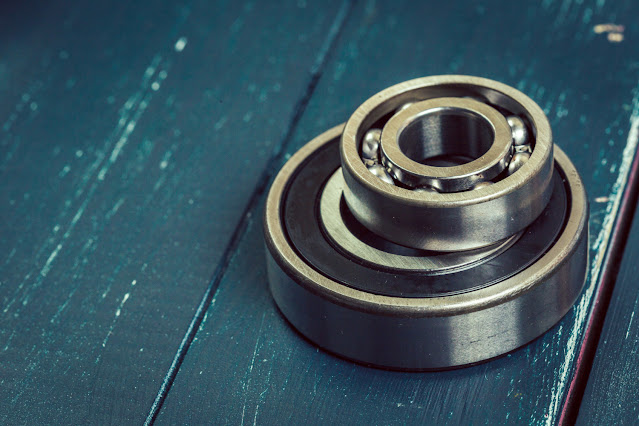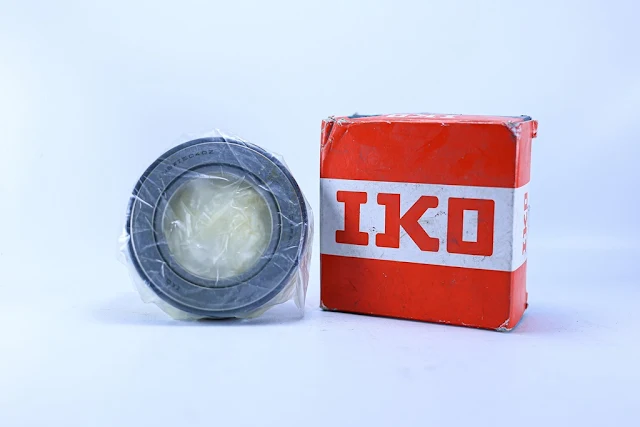BEARING NBXI 5040Z IKO - The Maintenance of Industrial Bearings
BEARING NBXI 5040Z IKO
The Maintenance of Industrial Bearings
Bearing maintenance is an important aspect of keeping industrial machinery running smoothly. In this article, we'll discuss the basics of bearing maintenance and what you need to do to keep your bearings in good condition.
What are industrial bearings?
Industrial bearings are parts of machines that allow these devices to move accurately and smoothly. These bearings need to be able to withstand a great deal of wear and tear, so they are often made out of materials like stainless steel or bronze. They can also be designed to operate in a wide range of temperatures, which is why they are used in a variety of industries.
If you are in the market for new industrial bearings, there are a few things you should keep in mind. First, you will want to make sure that the type of bearing you choose can handle the conditions under which it will be used. For example, bronze bearings can handle high temperatures, but they may not be as durable as stainless steel bearings at lower temperatures. Secondly, you will want to choose a bearing that is compatible with the device it will be installed on. For example, if you are installing a bearing on a machine that uses gears, you will need to make sure that the bearing is sized correctly for those gears. Finally, you will want to make sure that the bearing has been tested and is guaranteed to meet your specific needs.
Types of industrial bearings
Industrial bearings are a critical component in many industrial processes. They allow for smooth and consistent movement of machinery, which can increase production efficiency. In order to ensure the longevity and performance of industrial bearings, it is important to understand their different types.
The life cycle of an industrial bearing
The life cycle of an industrial bearing can be broken down into five stages: design, production, operation, maintenance, and disposal. The following article will discuss the maintenance of industrial bearings in detail.
The main causes of failure in industrial bearings
Industrial bearings are subject to a lot of wear and tear, and as such, they can fail for a number of reasons. Here are the main causes of failure in industrial bearings:
-Rust: Rust is one of the primary causes of failure in industrial bearings. It forms on the surface of the bearing and causes it to become less able to take pressure, eventually leading to failure. To prevent rust from causing Bearing Failure, it's important to keep your bearings clean and free from moisture.
-Oily contaminants: Oily contaminants can also cause Bearing Failure. They form on the surface of the bearing and cause it to become less able to take pressure, eventually leading to failure. To prevent Bearing Failure due to oil contamination, it's important to keep your bearings clean and free from moisture.
-Abrasion: Abrasion is another common cause of Bearing Failure. It occurs when the surface of the bearing comes into contact with something hard (like metal) and wears away at the bears surface. This can lead to Bearing Failure over time. To prevent Bearing Failure due to abrasion, it's important to keep your bearings clean and free from debris.
How to maintain industrial bearings
In order to keep industrial bearings in top condition, it is important to regularly clean and lubricate them. Here are some tips on how to do this:
- Clean the bearings with a degreasing agent. Make sure the surface is completely dry before lubricating it.
- Apply a light coating of grease or oil to the bearing surface.
- Let the grease or oil sit for a few minutes before using the machine.
Reykindo Karawang Bekasi Industrial Bearings Supply
Industrial bearings are used in a variety of industries, including transportation, manufacturing, and medical. The maintenance of industrial bearings is essential to ensure their longevity and performance.






